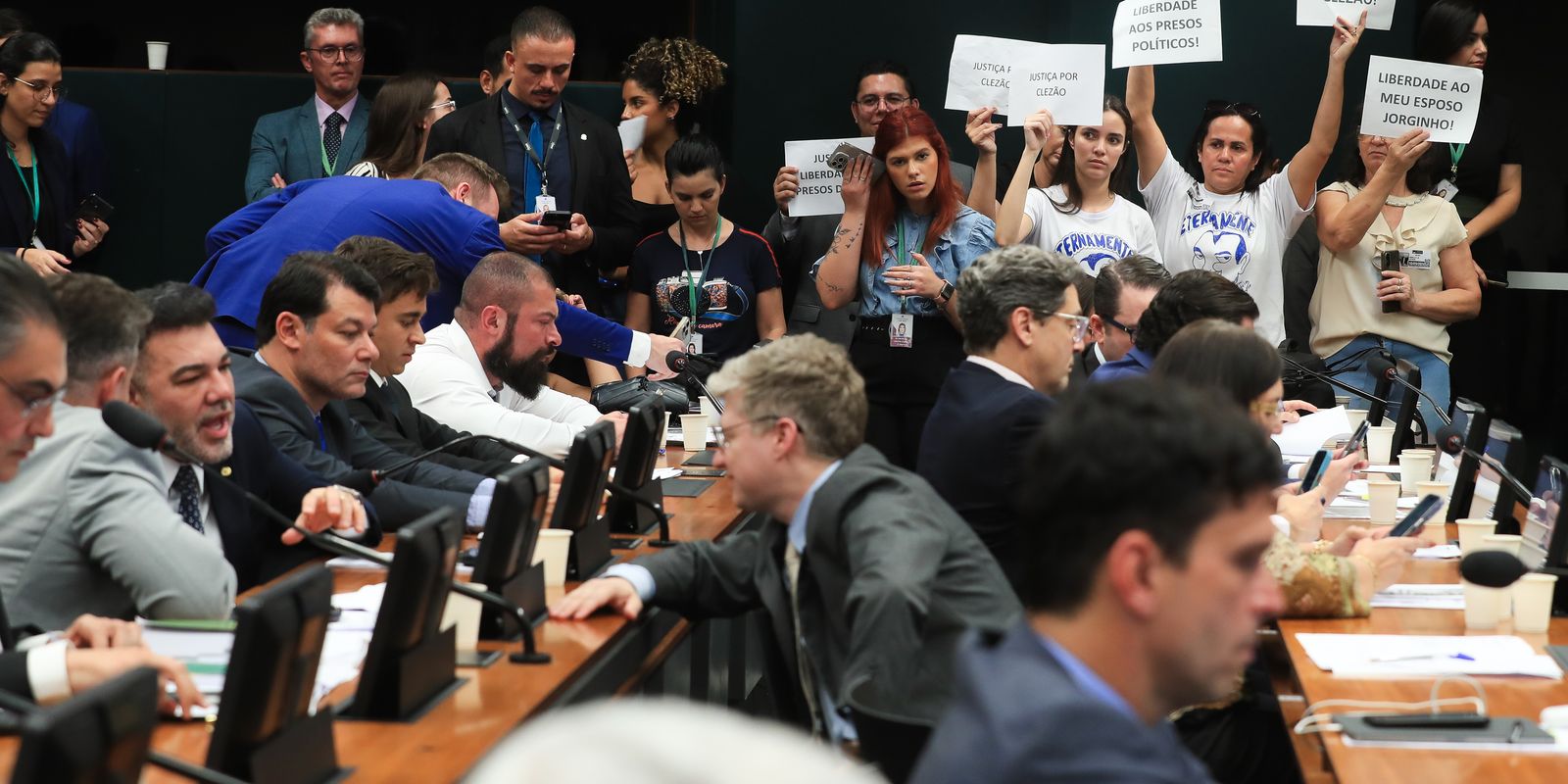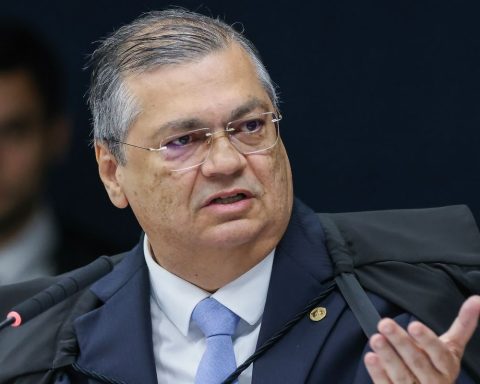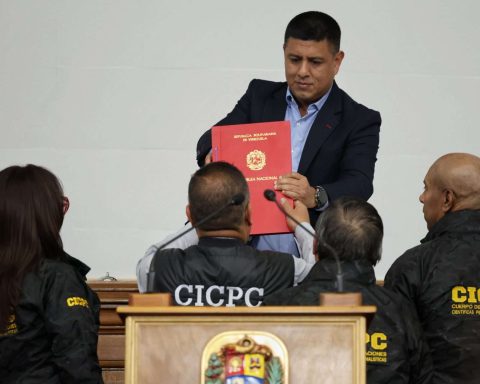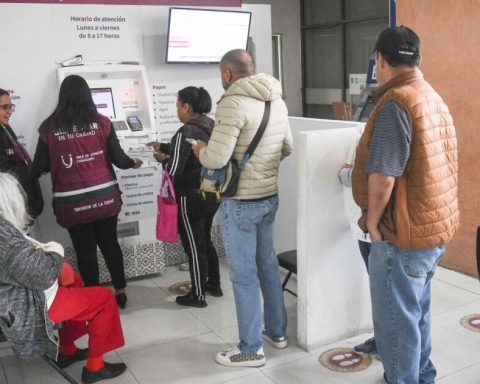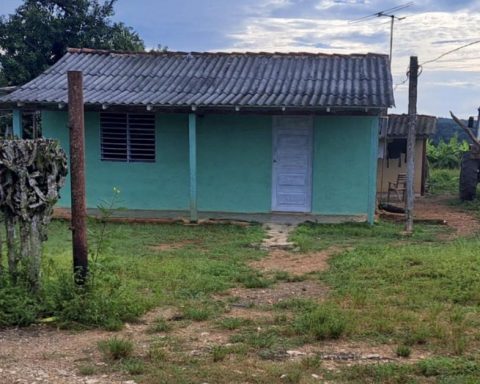The bill granting amnesty to those convicted of acts of coup d’état on January 8, 2023, advanced this Tuesday (10) in the Constitution and Justice Committee (CCJ) of the Chamber of Deputies. Deputy Rodrigo Valadares (União/SE) presented the opinion in favor of the amnesty, but the beginning of the agenda in the Plenary interrupted the continuity of the debates in the committee, as determined by the Internal Regulations of the Chamber, and the discussion was postponed.
The rapporteur presented changes to the original bill, which provided for amnesty for all those convicted in demonstrations since October 30, when protests against the election results blocked highways in several parts of the country. Now, according to the new report, those who are pardoned should be those convicted in demonstrations from January 8 onwards.
According to article 1 of the Bill 2.858/2022“all those who participated in demonstrations with political and/or electoral motivations, or supported them, by any means, including contributions, donations, logistical support or provision of services and publications on social media and platforms, between January 8, 2023 and the date of entry into force of this Law, are hereby granted amnesty.”
On January 8, 2023, supporters of former President Jair Bolsonaro invaded the headquarters of the Three Powers, in Brasília, calling for a military coup in Brazil.
The session began with obstruction by parties opposed to the amnesty, which began by presenting a Proposed Amendment to the Constitution (PEC) to increase the penalty for environmental criminals, but the measure was rejected by the majority of the committee.
Federal deputy Sâmia Bomfim (PSOL/SP) presented a parallel report opposing the project. She recalled that amnesty is a humanizing institute and should be motivated by the public interest.
“The use of amnesty for one’s own benefit and that of political supporters constitutes a clear misuse of purpose, which should not be tolerated. In a democratic state governed by the rule of law, there is no room for the enactment of laws that go against the interests of the community,” he highlighted.
According to the parliamentarian, the project encourages crimes against honor and against the Democratic Rule of Law and violates the principle of independence between the Powers, which would make it unconstitutional, “as it aims to overturn judicial decisions. Consequently, it violates the imperatives of due process, legal certainty and res judicata.”
In Brazil, it is a crime to attempt to depose – through violence or serious threat – the legitimately constituted government or to impede and restrict the exercise of constitutional powers, as defined by Law 14.197/2021. This legislation also considers it a crime to publicly incite animosity between the Armed Forces and other constitutional powers. The penalties vary and can reach 12 years in prison.
In favor of the amnesty, federal deputy Marcel Van Hattem stated that the people’s revolt occurred because President Lula was elected and walked up the ramp of the Planalto Palace a week earlier. He acknowledged “excesses” and vandalism, but criticized what he called a “farce.”
“It was no coincidence that January 8th happened, with all its excesses, and even, yes, all the vandalism, which needs to be individually investigated. But Minister Alexandre de Moraes, the Attorney General’s Office and everyone involved in this farce decided not to individualize the conduct, and to send everyone to jail, wholesale, including many who were not even in Brasília,” he said.
With the interruption of the session at the CCJ, which was analyzing a request for withdrawal from the agenda, the bill should return to the agenda this Wednesday (11), according to the president of the committee, Carolina de Toni (PL-SC).
